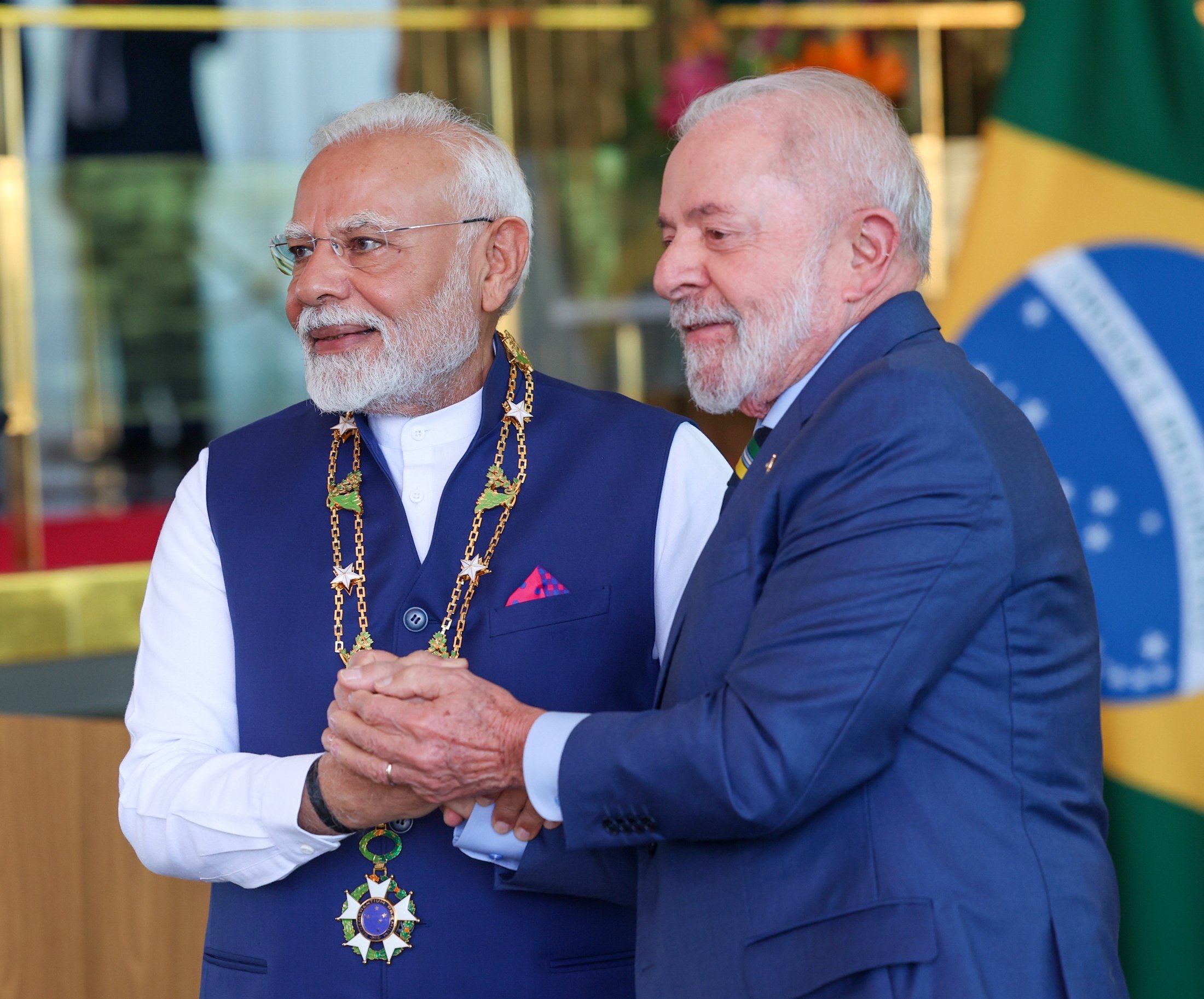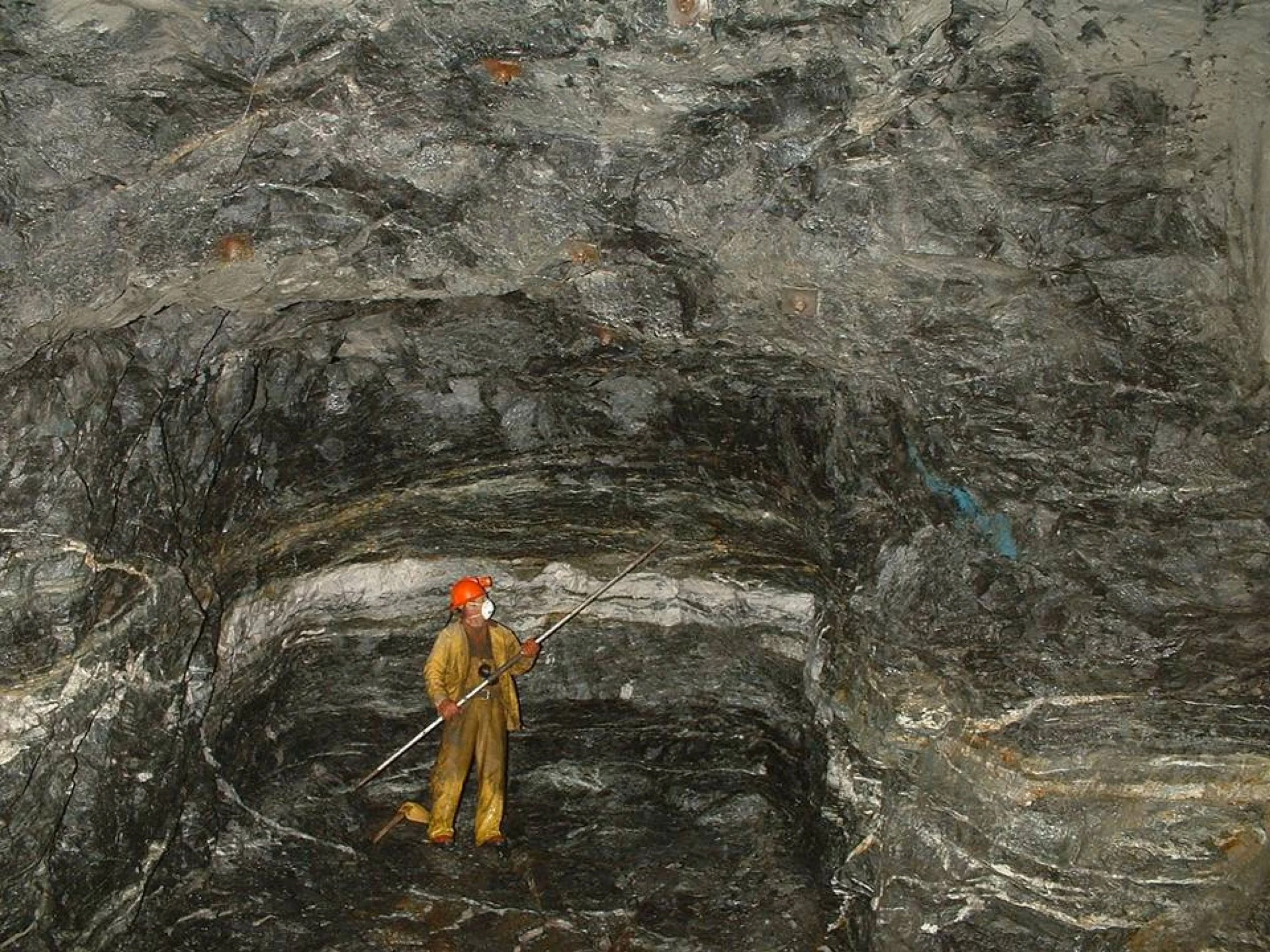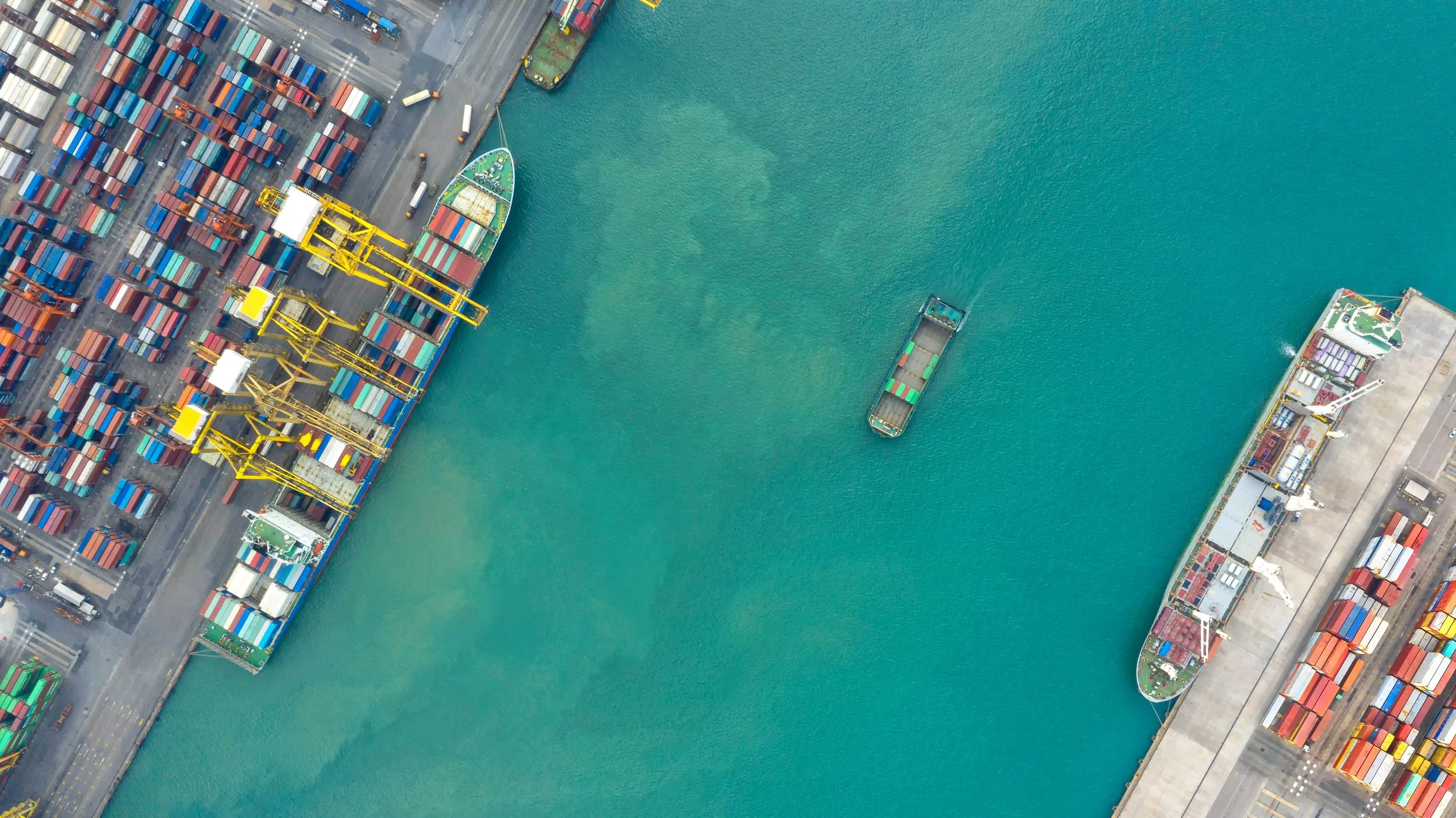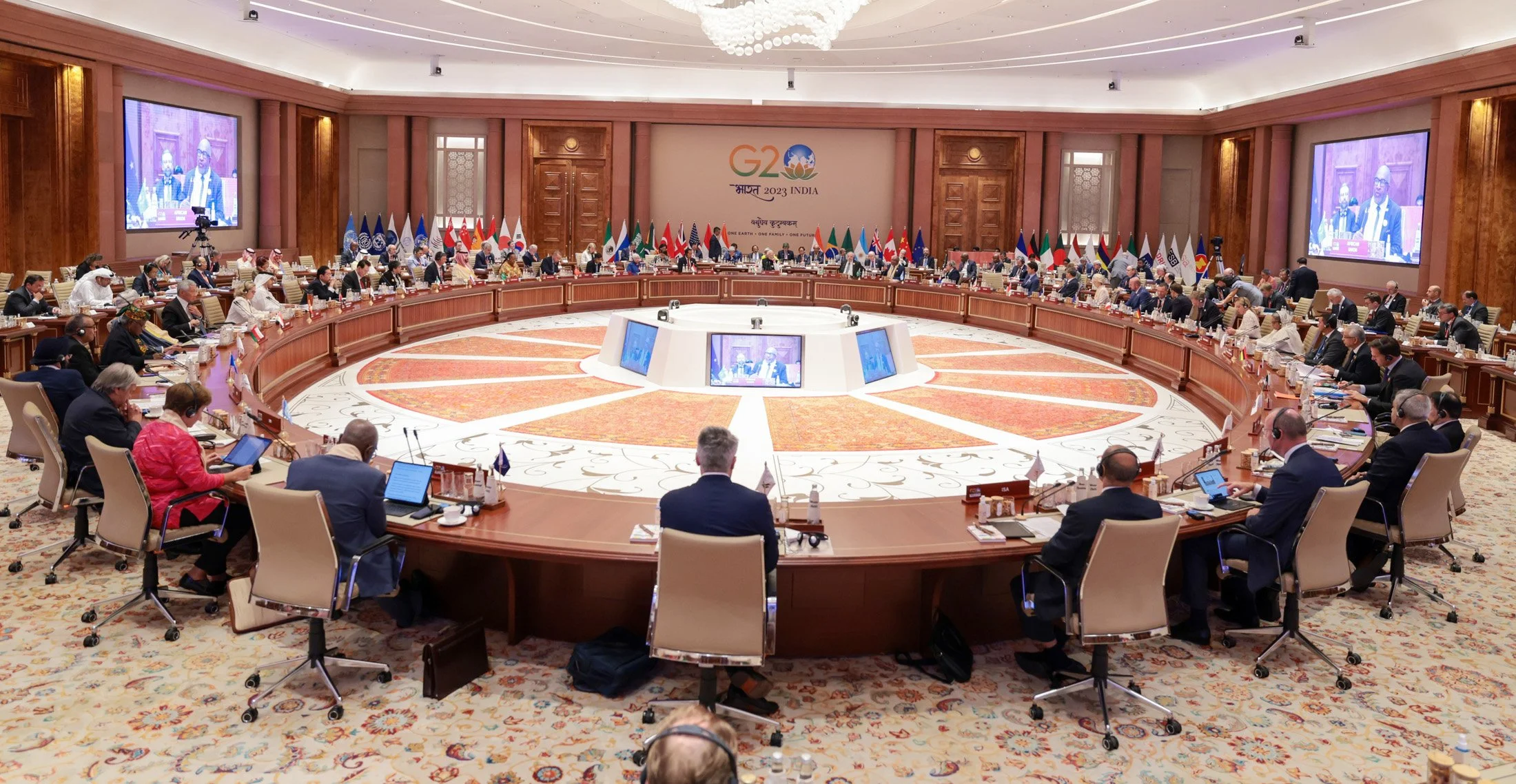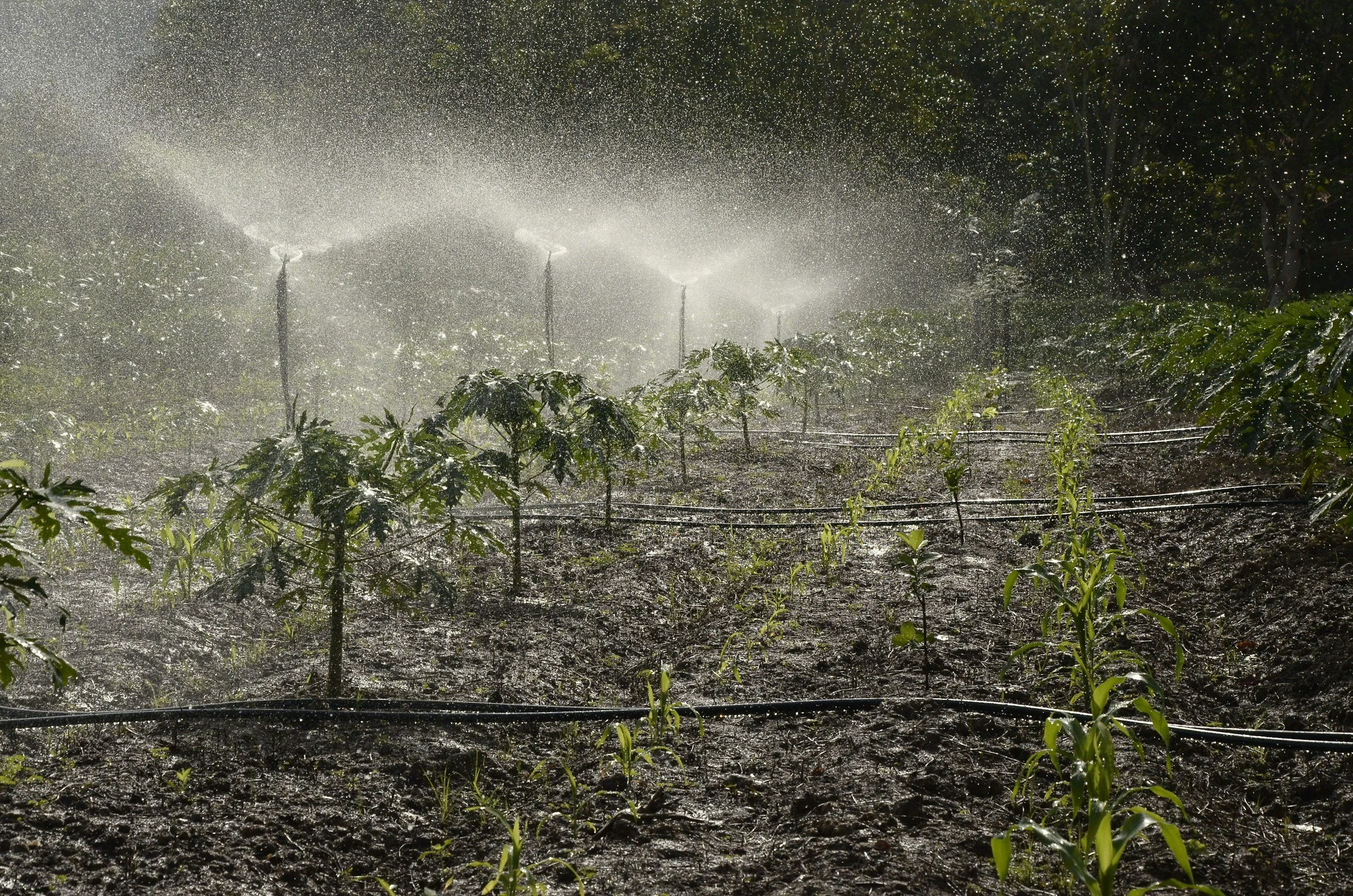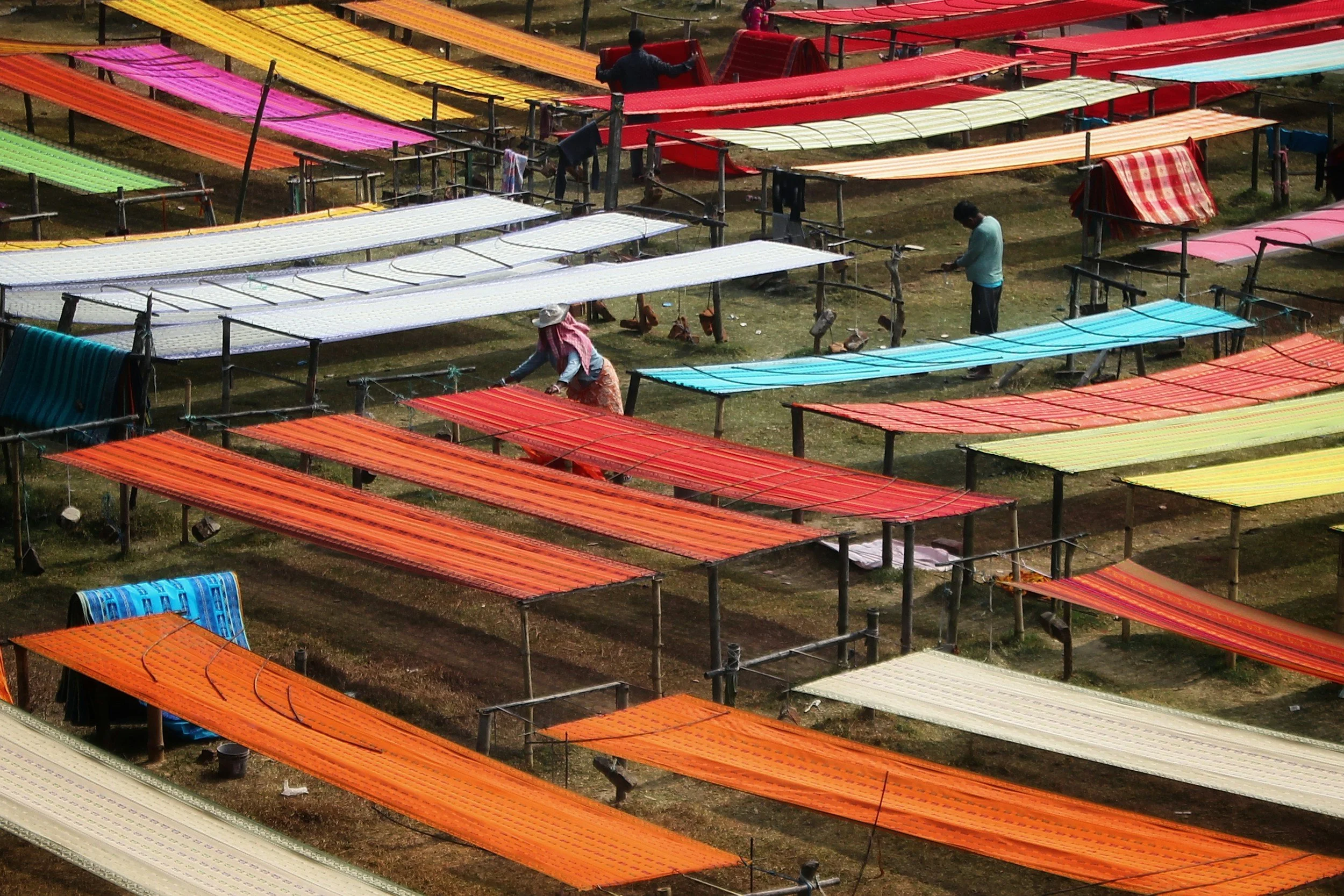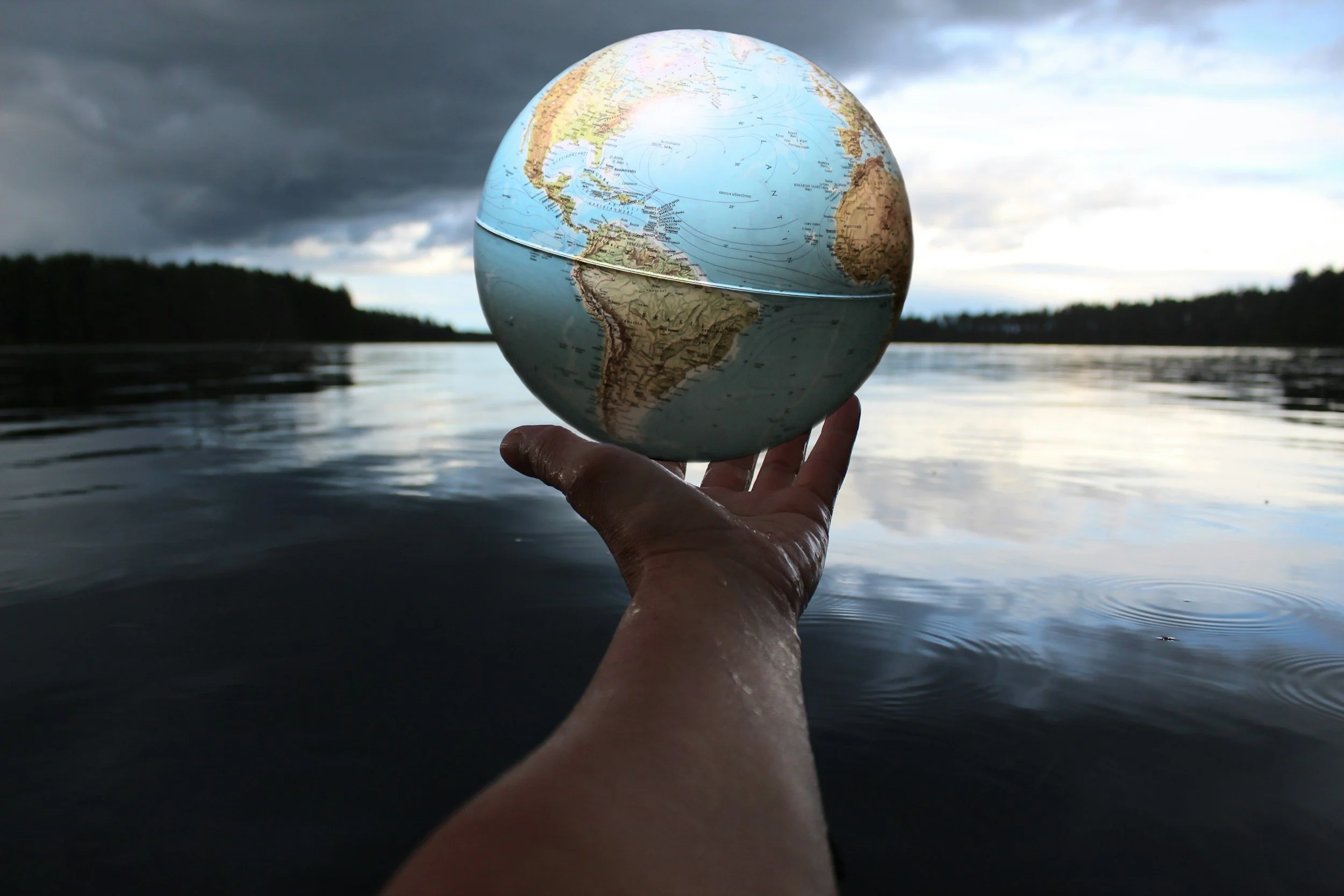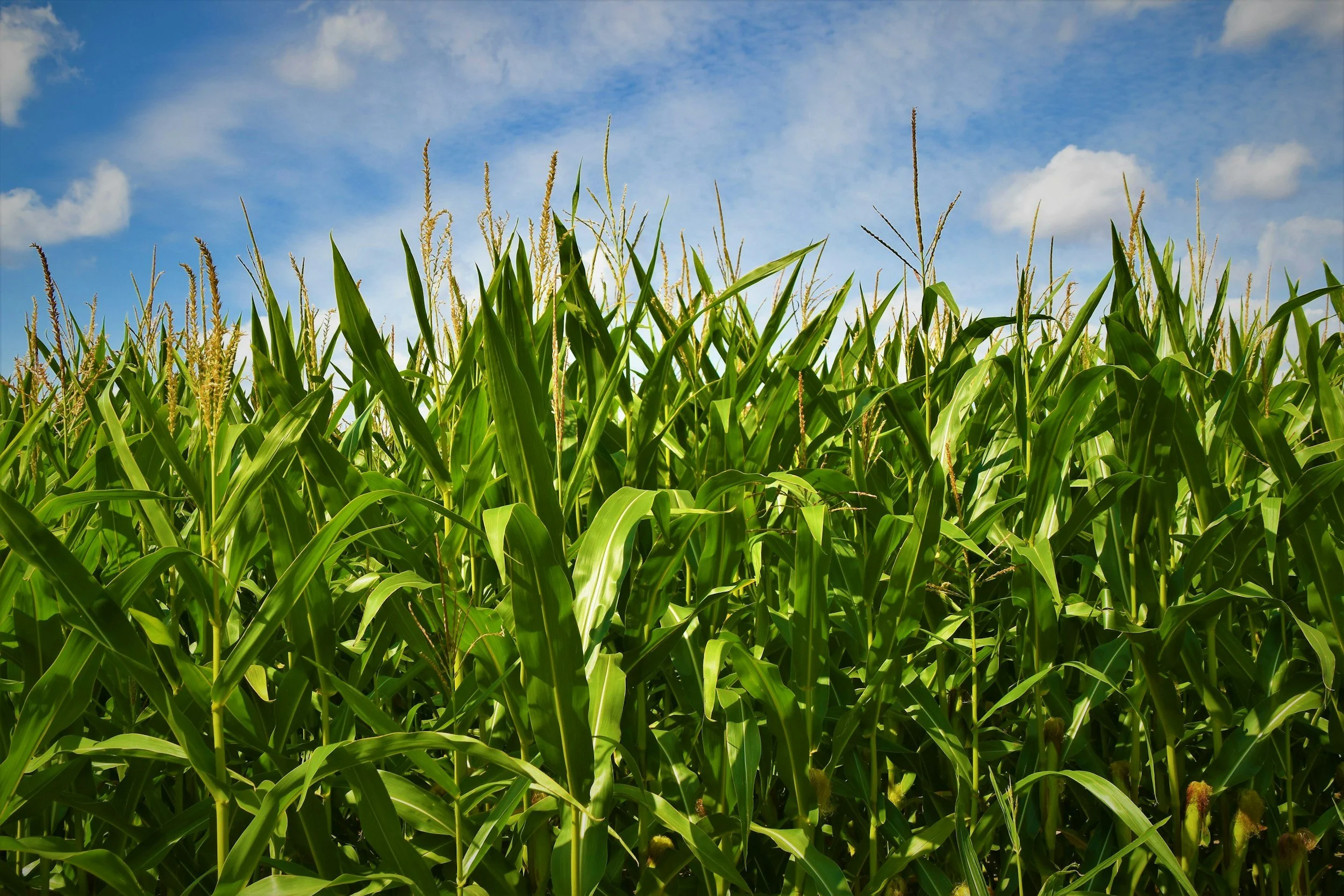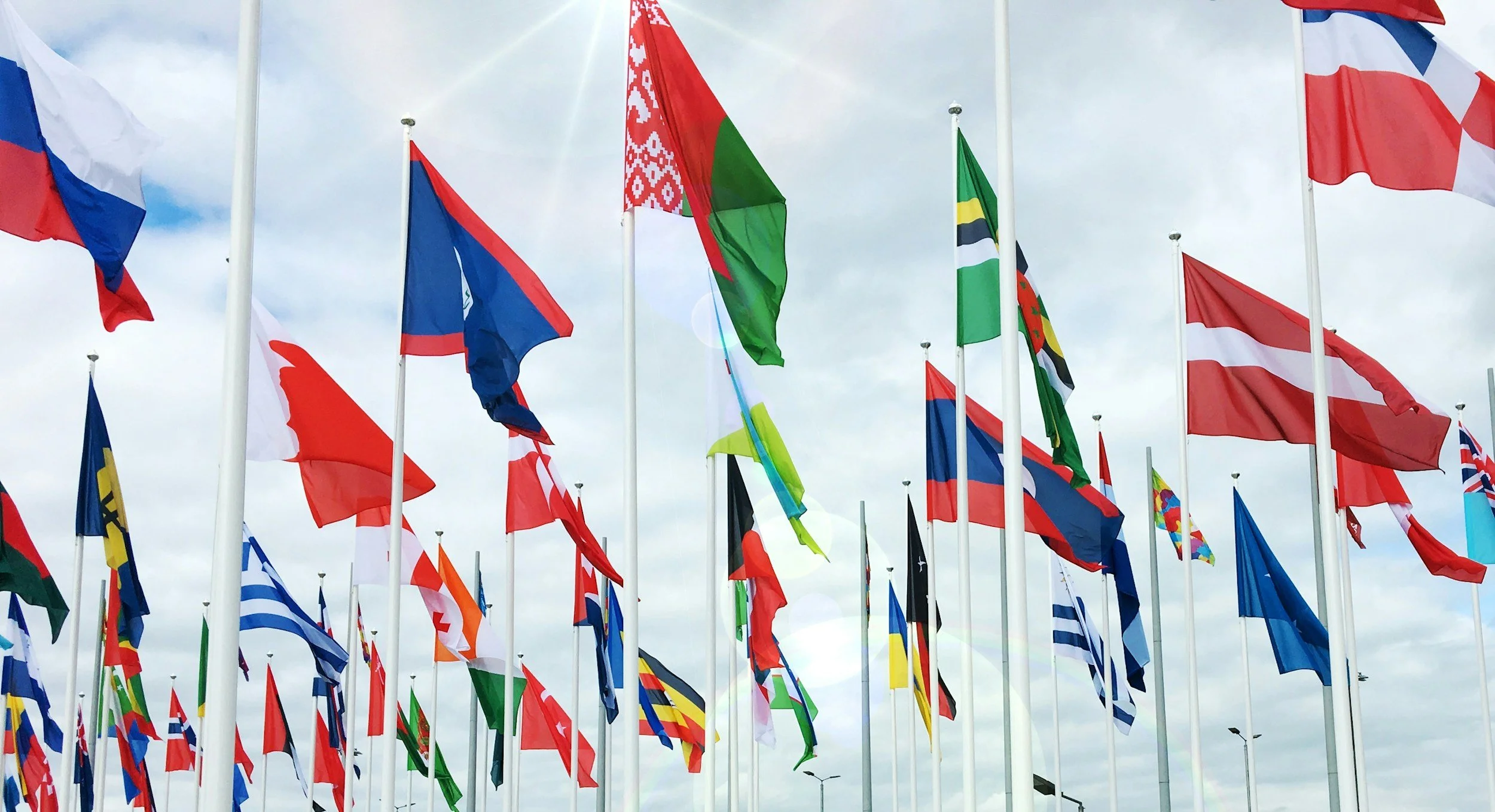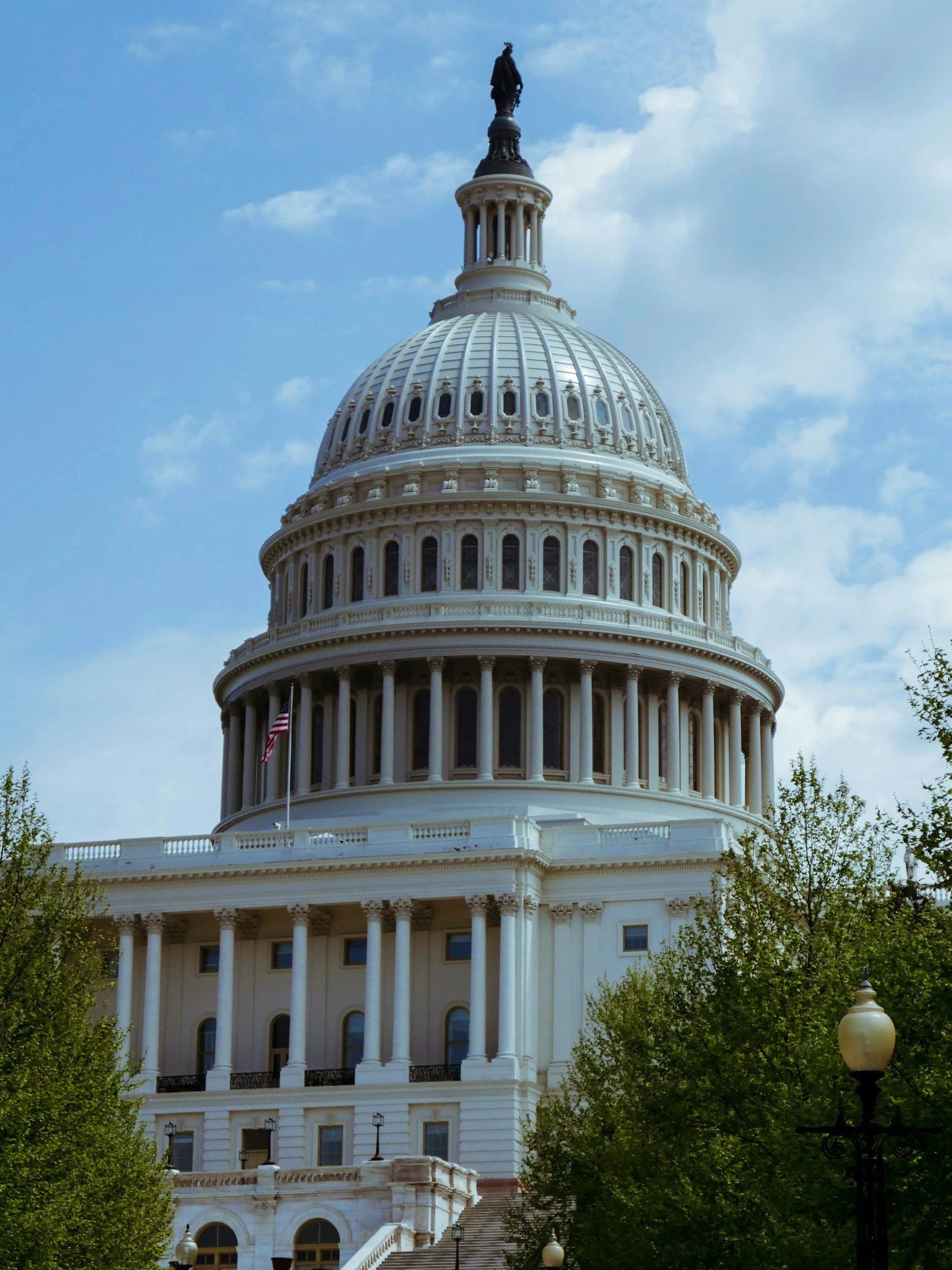By Anit Mukherjee
Lula’s state visit to India will underscore the important role of Brazil and India as leaders of the Global South helping countries navigate geopolitical uncertainty, rebalanced global trade and supply chains, rapid diffusion of transformational technologies, and accelerating impact of a changing climate. With the United States hosting the G20 this year, a strong relationship between the two countries will be critical to consolidate the achievements and keep the priorities of the Global South on the agenda.


